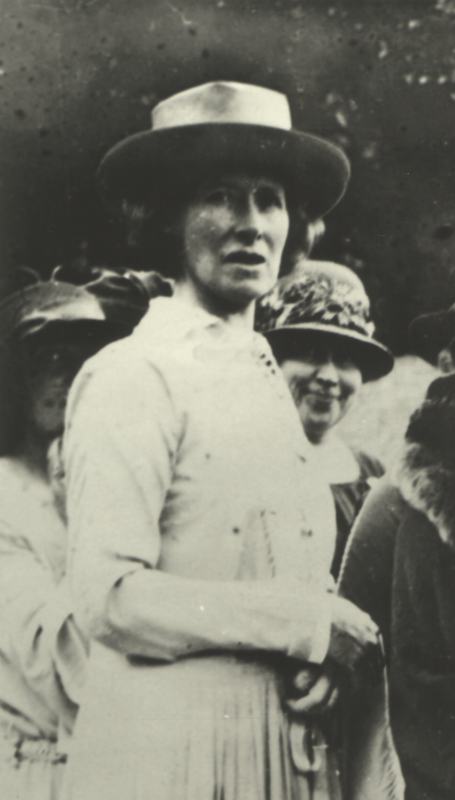Quellen
Frau im Staat, 7. Juli 1928.
Bast, Eva-Maria:
Lida Gustava Heymann. Für die Frauenrechte – Die Freiheit nehmen sie uns
nicht, in: dies.: Hamburger Frauen. Historische Lebensbilder aus der Stadt an
der Elbe, Überlingen 2019.
Briatte, Anne-Laure: Bevormundete Staatsbürgerinnen. Die
radikale Frauenbewegung im Deutschen Kaiserreich, Frankfurt 2019.
Dünnebier, Anna/Scheu, Ursula: Die Rebellion ist eine Frau. Anita Augspurg und Lida G. Heymann; das schillerndste Paar der Frauenbewegung, München 2002.
Heymann, Lida Gustava/Augspurg, Antia: Erlebtes - Erschautes. Deutsche Frauen kämpfen für Freiheit, Recht und Frieden 1850-1940, hg. von Margrit Twellmann, Frankfurt am Main 1992.
Kinnebrock, Susanne: Anita Augspurg (1857-1943). Feministin und Pazifistin zwischen Journalismus und Politik. Eine kommunikationshistorische Biographie, München 2001.


